Knowledgeable Trucking Accident Lawyer Serving Georgia Clients
Each year the National Transportation Safety Board (NTSB) releases their Most Wanted List. The list goes over their top priorities for increasing awareness, reducing accidents, and making changes in legislation that protect anyone traveling in the United States by road, sea, or air.
The 2017-2018 Most Wanted List has been released, and the priorities for the upcoming year are crucial for motorists just as much as employers, vehicle manufacturers, and law enforcement.
Today we focus on the priorities for the trucking industry. After all, trucking accidents are by far one of the most catastrophic types of accidents in the United States.
Statistics to Know About Truck Accidents for Atlanta Residents
According to the Federal Motor Carrier Safety Administration (FMCSA), there were 4,311 large truck accidents in 2015, and the number of accidents and fatalities has risen by 26 percent compared to the all-time low in 2009.
What Is the NTSB Looking to Change?
On their Most Wanted List, the NTSB has named several goals for the 2017-2018 span. Let’s look at just a few of these goals.
Reducing Fatigued Driving
Fatigued driving, also known as drowsy driving, is just as deadly as drunk and drugged driving according to NTSB. The goal for this year is to find and treat fatigued-related medical issues, improve awareness about how prescriptions increase fatigued driving among truck drivers, and reduce fatigued driving accidents.
Their goal is to create science-based regulations, have companies instill more fatigue risk management programs, and ensure drivers are more responsible about the amount of sleep they get each night.
Increasing the Use of Collision Avoidance Technologies
Passenger vehicles today often come equipped with collision avoidance technology, whether that be automatically braking for the driver or ensuring a motorist stays in their lane, these technologies save lives. Now, the NTSB wants to see them implemented in the trucking industry too, which will create collision warning and autonomous emergency braking for highway vehicles.
Expanding Recorder Uses for Improved Highway Safety
After an accident, data from a semi-truck’s recorder helps investigators decide what happened during the accident, and an operator can identify what they assume is going wrong. While these are more popular on airplanes and often referred to as the “black box,” more trucking manufacturers and employers are installing them as well.
But currently, there are few trucks with this technology installed. Therefore, the NTSB hopes to increase the number of tracking devices so that they can better identify the cause of trucking accidents.
Requiring Medical Fitness Tests
Company owners and lawmakers need to develop better policies that ensure personnel are medically fit for the duties of their job. Transportation professionals have a duty to operate their semi-trucks carefully and prevent injury; therefore, they must ensure they are healthy enough to operate a vehicle, drive for extended periods of time, and handle any physical duties that their job may entail.
Eliminating Distractions
Distracted driving is just as common in the commercial sector as it is for drivers of passenger vehicles. The only difference is that a semi-truck is considerably heavier. Therefore, when a semi-truck’s driver is distracted by radios, cellphones, or anything else – it could result in a catastrophic accident.
Eliminating distractions in the transportation sector is an NTSB top priority, but they realize that it means requiring changes in regulations, including operator behavior.
Alcohol and Drug Impairment
Truck drivers may use an impairing drug or drink an alcoholic beverage and then get behind the wheel of their commercial vehicle. There is a zero-tolerance policy in place for truck drivers when it comes to drugged and drunk driving.
In Georgia, a truck driver cannot operate a commercial vehicle if their blood alcohol content (BAC) is more than 0.04 percent.
Accidents caused by alcohol or drugs are 100 percent preventable, and the NTSB is hoping that this year they will find a way to decrease impaired driving in transportation, including harsher laws and educating drivers about the effects of alcohol and drugs.
What if You Are Injured by a Semi-Truck Driver?
Semi-truck accidents are catastrophic. The sheer size and weight of a semi-truck can create devastating damage to a passenger vehicle and its occupants. If you were injured in an accident with a semi-truck, and you believe that the driver was negligent in some way, you may be entitled to compensation.
The only way to see if you qualify is to speak with an attorney in Georgia who has experience with these types of cases.
Our team has helped many victims just like you succeed with a claim against a truck driver, their employer, or a third-party who might be responsible for a semi-truck accident. Let us help you receive the compensation you need to cover your medical costs, lost wages, and more.
Schedule a Free, No-Obligation Consultation Today
After your accident, contact Van Sant Law, Our team is here to help you and we offer a free, no-obligation consultation. When you hire our lawyers, you do not pay us unless we recover.
Schedule a consultation today at (800) 234-9556 or request more information online.





.2410171551550.png)
